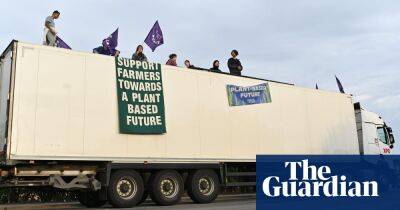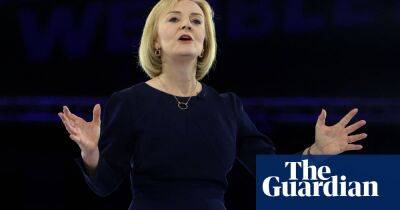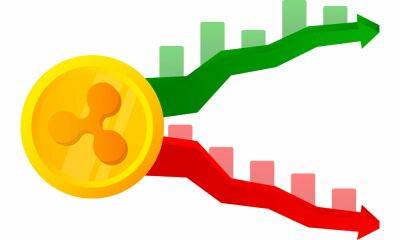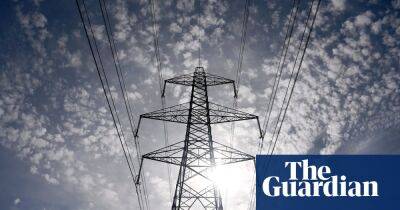Britain isn’t just facing a cost of living crisis: it’s facing a bonanza of corporate greed
Every day brings bleaker forecasts of the depths of the cost of living crisis. Last week it was news that the energy price cap was set to rocket to £3,359 from October, and this week an estimate puts it at £4,266 by January. Then the Bank of England announced the biggest interest rate hike in 27 years. This week, another stark warning of the disastrous consequences of this crisis: a report predicting that 35 million people will be in fuel poverty by the end of the year.
Against this truly frightening backdrop, the public are owed solutions from politicians that match the scale of the crisis. But our political class has almost nothing to say. Behind the headlines are real people suffering, powerfully recounted in this paper’s recent Heat or eatdiaries: parents who can’t put food on the table, private renters struggling to keep a roof over their heads, elderly people terrified of facing winter with no money to pay the bills. I see this in my constituency, with more and more people coming to me unable to make ends meet.
Often this is discussed as if it were somehow natural, as if we just have to accept that millions more people will be plunged into poverty. But none of this is inevitable. Millions of people are experiencing a cost of living crisis not because there’s not enough to go around, but because wealth and power is hoarded by a privileged few. Alongside a record squeeze on living standards, Britain is also home to record wealth.
Multinational corporations such as BP and Shell have announced eye-watering profits (nearly £50bn for the oil giants at the last count), while this year’s Sunday Times Rich List revealed that Britain is home to more billionaires than ever. Meanwhile, bankers’ bonuses have reached levels not
Read more on theguardian.com


![Ethereum [ETH]: Is the Merge really ‘priced in?’ This exec claims…](https://finance-news.co/storage/thumbs_400/img/2022/9/5/39572_wj8qn.jpg)
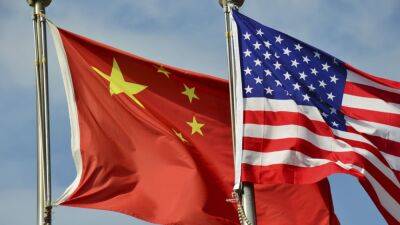



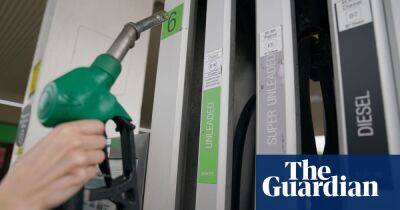
![Shiba Inu [SHIB]: The to-do plan to capitalize on this breakout rally](https://finance-news.co/storage/thumbs_400/img/2022/9/5/39563_d50n.jpg)
